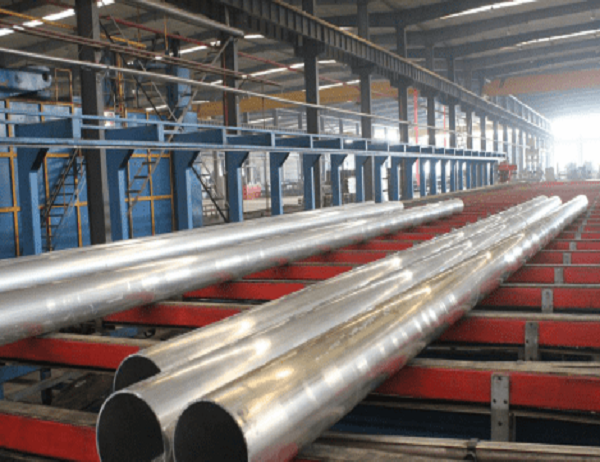Aluminum heat sinks stand as pivotal components driving the momentum of green technology across diverse sectors. Their significance lies in their ability to efficiently dissipate heat generated by electronic devices, thereby contributing to enhanced energy efficiency and sustainability.
In the realm of renewable energy systems, such as solar inverters and wind turbines, aluminum heat sinks play a crucial role in managing the thermal output of power electronics. By effectively cooling these components, they ensure optimal performance and reliability, facilitating the widespread adoption of clean energy sources.
Electric vehicles (EVs) rely on aluminum heat sinks within their thermal management systems to regulate the temperature of critical components like batteries, power electronics, and electric motors. This not only optimizes the performance and longevity of EVs but also reduces their environmental footprint by promoting energy efficiency.
Furthermore, in the realm of lighting technology, aluminum heat sinks are instrumental in dissipating the heat generated by LED lighting systems. This not only extends the lifespan of LED lights but also enables significant energy savings compared to traditional lighting technologies, aligning with sustainability goals.
In HVAC (Heating, Ventilation, and Air Conditioning) systems, aluminum heat sinks contribute to energy efficiency by effectively cooling components such as compressors and electronic controls. By maintaining optimal operating temperatures, these systems minimize energy consumption and reduce greenhouse gas emissions associated with building heating and cooling.
Data centers, known for their substantial energy demands, rely on aluminum heat sinks to cool servers and computing equipment efficiently. By managing heat dissipation, these heat sinks enhance the energy efficiency of data centers, mitigating their environmental impact.
In conclusion, aluminum heat sinks serve as indispensable components in advancing green technology initiatives. Their role in thermal management across various sectors not only enhances energy efficiency but also promotes sustainability by enabling the adoption of renewable energy sources, facilitating the growth of electric vehicles, and improving the efficiency of lighting, HVAC, and data center systems.



